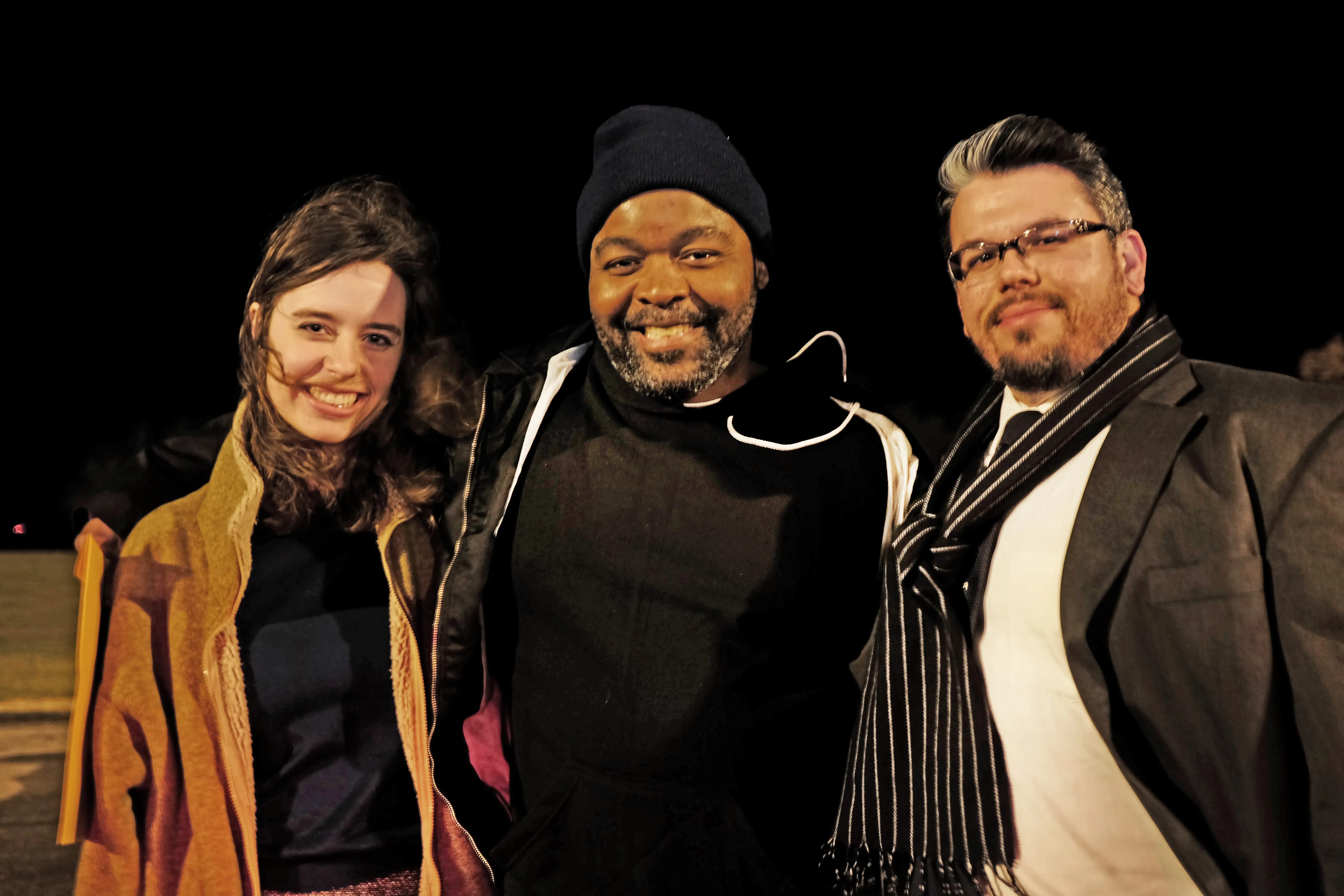Exoneration Project Wins Release of Client Ben Baker

The University of Chicago’s Exoneration Project scored another major victory last week, winning the release and exoneration of client Ben Baker, who had served about 10 years of a 14-year prison sentence on drug charges despite evidence that he had been framed by a corrupt group of Chicago police officers. Law School clinical students Regina Wood, ’17, and Nathan Maxwell, ’16, led by Exoneration Project attorney Josh Tepfer, played a big role in winning Baker’s release, including drafting the brief that helped lead prosecutors to drop the charges.
"It is really overwhelming to confront the systemic problems that cause wrongful convictions,” Wood said. “But working on Ben Baker's case showed me that through the dedication and persistence of attorneys like Josh Tepfer and the other Exoneration Project attorneys, staff, and students—and through the courage of people like Ben Baker—justice can prevail. As Ben Baker said soon after his release: slow justice is better than no justice."
Prosecutors dismissed the charges against Baker less than a month after his attorneys asked for a new trial, arguing that the Chicago Police Department’s Internal Affairs Division had been aware for years of corruption allegations involving Chicago Police Sgt. Ronald Watts and his team. The petition cited documents obtained through the Freedom of Information Act that showed that, at the time of Baker’s trial, Internal Affairs and the FBI were investigating similar allegations of corruption against Watts and his team—materials, they argued, that would have corroborated Baker’s account had they been revealed to his attorneys. Watts was convicted on federal corruption charges and sentenced in 2013 to 22 months in prison.
“The students did amazing work on this case, including drafting our post-conviction petition,” Tepfer said. “It was so powerful that the State dropped charges less than a month after reading it.”
After the decision was announced last Thursday, Tepfer, Wood, and Maxwell drove to Robinson Correctional Center in southeastern Illinois to pick up Baker, who seemed “not quite ready to believe he was free,” Maxwell said.
Maxwell himself had been surprised when Tepfer emailed with news that the State had set an emergency hearing to dismiss Baker’s charges.
“That is a pretty rare thing to see, even for attorneys who do exonerations full time,” said Maxwell, who has worked on the Exoneration Project since his 1L summer and on Baker’s case since the beginning of Fall Quarter. “This means that the State read our brief and all of the accompanying evidence and realized that to keep Ben in prison any longer would undermine the belief that the system is based on truth and justice. Prior to seeing the State do the right thing with Ben, I had only ever seen the State fight as hard as possible to retain their convictions, even in the face of what I thought was extremely compelling evidence of actual innocence. I had started to become pretty cynical, and no longer believed that the State had any interest in truth, especially when that truth would be bad press for certain parties. While I am still waiting for justice in my other exoneration cases, I am more hopeful now than I used to be.”